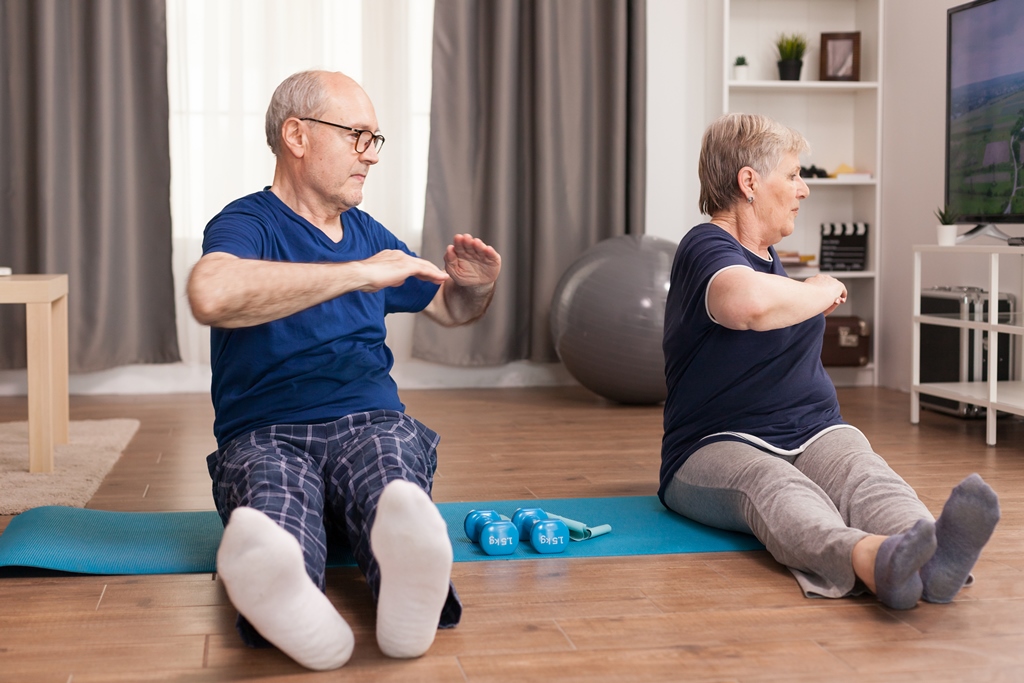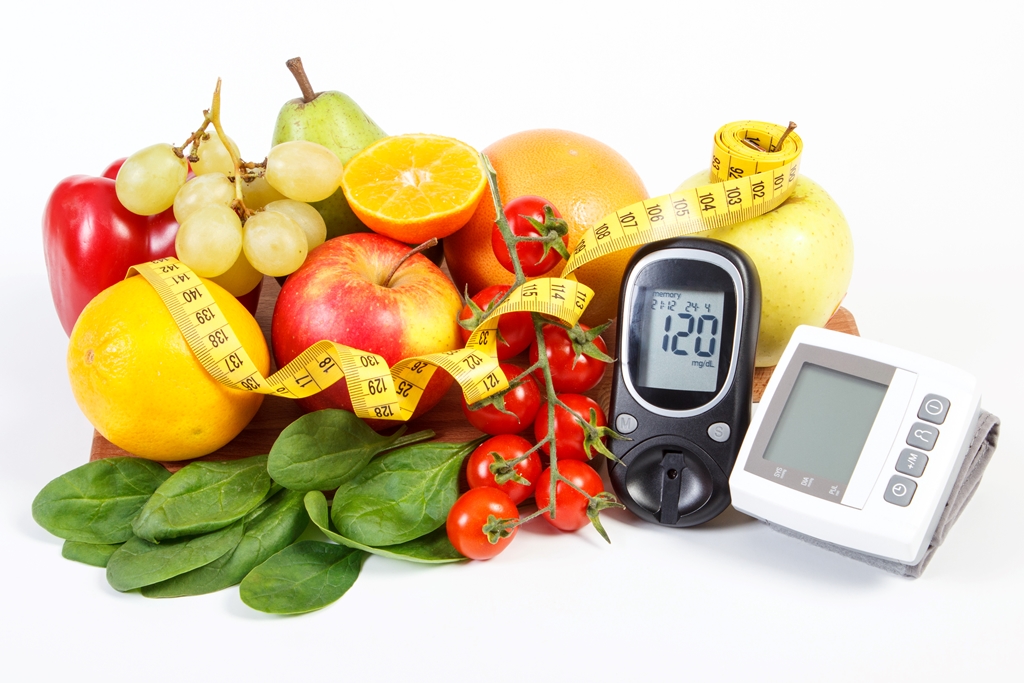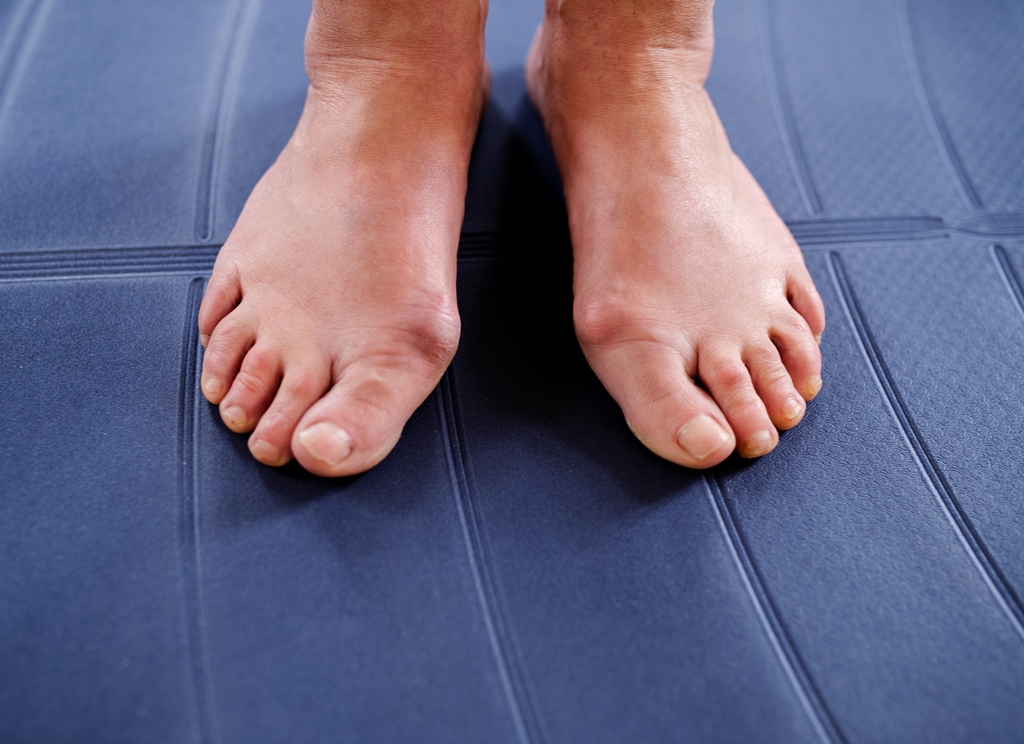Being a senior means you have had long years of exposure to different hazards. This is the main reason you are more prone to diabetes. For all those years, your kidneys were continually bombarded with more sugar as compared with other age groups. This makes you a more likely candidate to develop hyperglycemia or abnormally high glucose levels in your blood, and thereafter, diabetes.
Diabetes has no known cure as of today. But when managed effectively, it can be controlled and you can also go into remission from the disease. Here are some ways to manage diabetes so you will be able to overcome its adverse effects and prevent complications that may arise:
Eat Healthy Foods
A balanced diet that is low in sugar is ideal for diabetics. Plant-based foods should never be out of the diet as they are rich sources of nutrients. But do you know that some fruits should be avoided for their high sugar content? These may include dried dates, overly ripe bananas, and pineapples, and watermelons. You should also get more of the following in your diet as they can be of great help to your condition:
• Leafy greens
• Fatty fish
• Avocados
• Beans
• Chia seeds
• Beans
• Broccoli
• Nuts
• Greek yogurt
• Extra virgin oil
• Flaxseeds
• Strawberries
• Apple cider vinegar
It may be best to see a registered diet nutritionist to map out the right diet plan for you. It’s good news that Medicare shoulders all your visits to an RDN.

Avoid a Sedentary Life
A sedentary life can lead to obesity and hypertension. These can make it more difficult to manage your diabetes. Instead, stay active and have a daily exercise routine that includes, walking, cycling, and swimming. All these can help you decrease your blood sugar levels, facilitate weight loss, and help you stay strong.

Monitor Blood Sugar Regularly
Nowadays, it is more convenient to check blood glucose. You can do it yourself at the comfort of your home with a glucometer. With the doctor’s advice, you have to monitor your blood at a particular time of the day. You should have a logbook to record your readings and the time taken. You should also include information on tests done, doses of medications, exercises, and food intake. Take this record to your doctor on your next appointment.

Take Medications as Scheduled
Do you know that frequent skipping of your anti-diabetic medications can lead to many complications such as blindness, heart disease, kidney failure, and nerve damage? If you forgot to take your dose, it is advised to take it immediately. But if the time of your next dose is just an hour away, you may have to skip taking that missed dose. To avoid these scenarios, an alarm on your phone, clock, and other reminders will help you take your medications as scheduled.

Regularly Check Your BP and Cholesterol Levels
There is a proven link that high blood pressure and high cholesterol levels can increase the occurrence of complications that diabetics are prone to. This should alarm every diabetic to constantly monitor their BP and cholesterol levels even at home with a BP apparatus and a cholesterol home test kit.

Examine Your Feet Daily
Diabetics may lose sensation on their feet, making it more difficult for them to walk. More pressure may be applied to the area where the feet can feel the floor. When this happens, your feet may be prone to lesions and cuts. You should let these cuts be treated and always keep your feet clean and moisturized.

Get Vaccinated
People with diabetes are more prone to infection. This makes it more profound when you are a senior with diabetes. Make it a point to get vaccinated with anti-COVID 19 and anti-flu vaccines. They will surely lower your risk of other chronic diseases.

Undergo Hearing Tests
The loss of hearing among seniors is not normal. There may be some reasons out there. Diabetics are more prone to hearing loss because the tiny blood vessels of the ear can get damaged by prolonged high blood sugar levels. You should let a doctor examine your ears if this is the reason for your hearing loss.

Go for a Dental Checkup
Diabetics are also more prone to dry mouth, tooth decay, and cavities. This is because high levels of glucose in the saliva can lead to plaque buildup on the teeth. A dentist will tell you if these problems are diabetes-related.

Indeed, having diabetes may be hard for seniors to live a normal life. But with the above tips, you can at least make sure that your diabetes is controlled.

